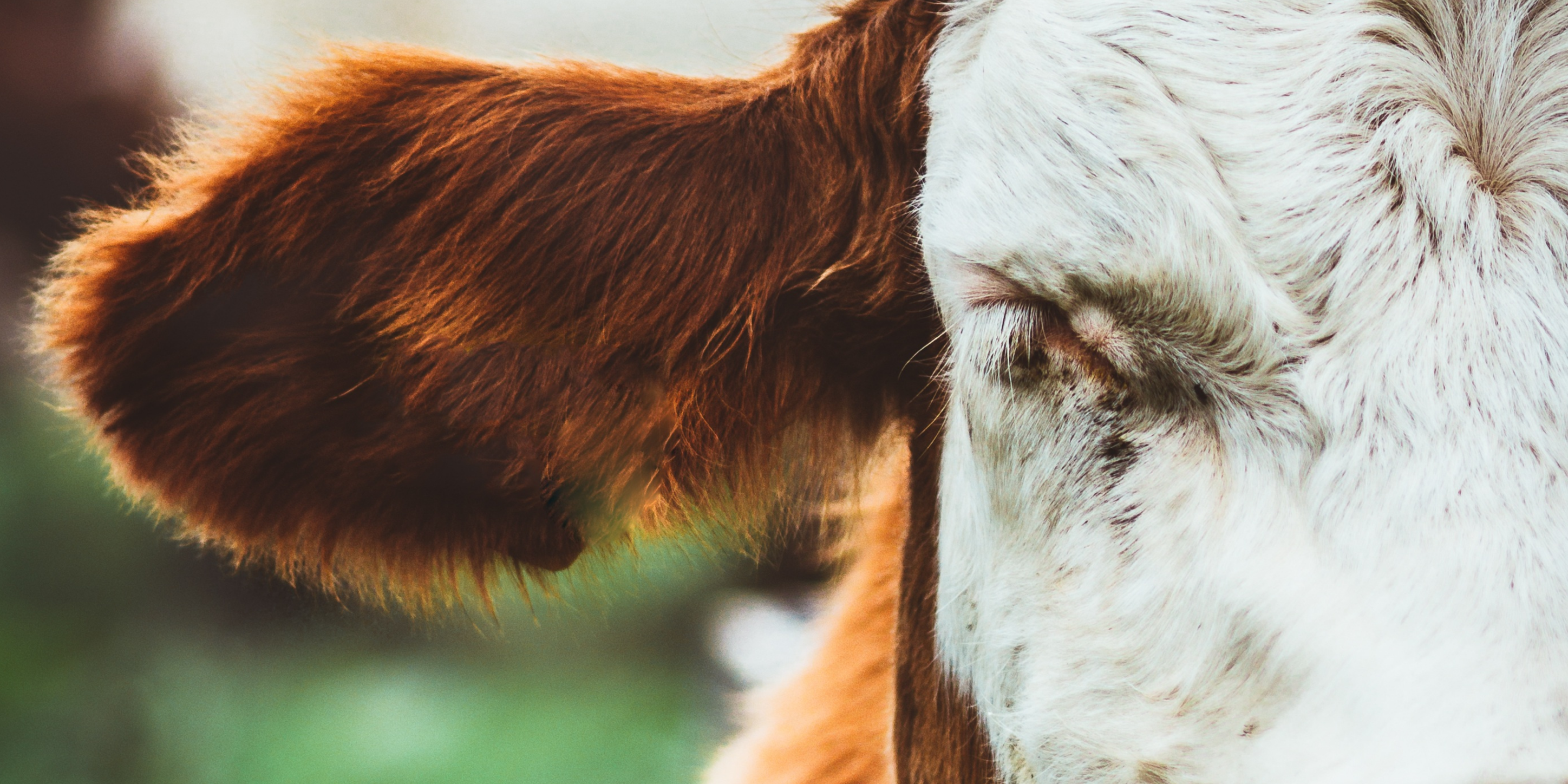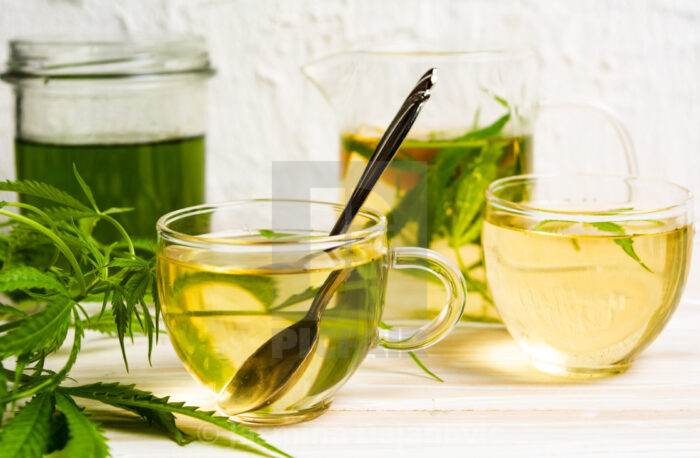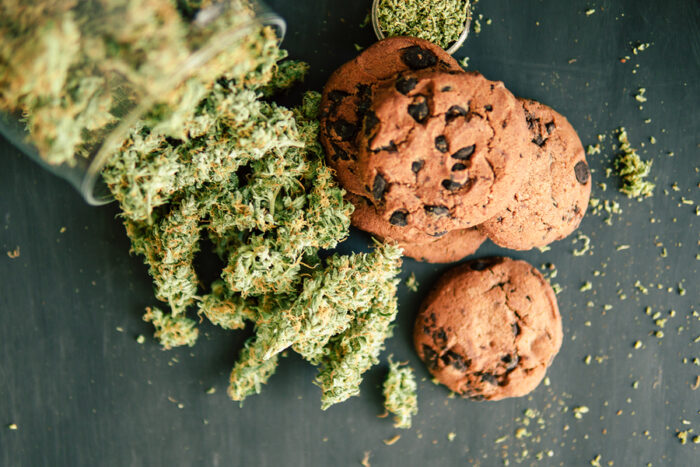A new study reveals that feeding industrial hemp to cattle reduces their stress levels and makes them chill out more. The study findings could be beneficial for ranchers as relaxed cattle tend to be healthier.
Researchers from Kansas State University stated that hemp could be a natural way to lower stress-related ailments.
Mike Kleinhenz, assistant professor of beef production medicine at the K-State College of Veterinary Medicine, recently published the study results in Scientific Reports.
“We might have a more natural way to reduce stress in cattle,” he explained. “And we’re just starting to scratch the surface on some of the benefits.”
The study involved a total of 16 cattle. Over two weeks, half the cattle were fed regular food while the other half ate a mix of regular food with industrial hemp. Researchers tracked the cattle’s movement and monitored their level of cortisol and prostaglandins, two biomarkers for stress. Compared to the first group, the hemp-munching cattle spent more time lying down and had lower levels of stress hormones. Moreover, the team discovered that the hemp was absorbed entirely by the cattle, without accumulating in the steers’ systems.
“It was kind of an exploratory study that yielded some really interesting results,” Kleinhenz added.
Getting cattle to relax is an important aspect of a rancher’s job when it’s time to wean them or transport them to feedlots. Stress is responsible for a significant amount of respiratory infections and other ailments.

Hemp production has been legal in the United States since 2018. However, the U.S. Food and Drug Administration approval would be required to feed hemp to livestock.
In 2020, K-State’s team received a $200,000 research grant from the U.S. Department of Agriculture to analyze the safety of industrial hemp to feed cattle.
An eco-friendly solution for cattle ranchers.
As of today, growers who wish to produce CBD oils hire processors to extract the oil from hemp seeds and flowers. This process leaves a significant amount of plant material behind, which has little value.
Those byproducts contain trace amounts of CBD and could be reused to feed livestock. This would highly benefit cattle ranchers and reduce waste.
“Basically it’s the old cow recycle” system, similar to the ethanol story, where cattle are fed distillers’ grains from ethanol production,” Kleinhenz explained.
Further research will examine how cattle absorb CBD compounds and their potential effect on food products.
“We want to understand the whole timeline, from when an animal last consumes [hemp compounds] to when it can safely enter the food chain and not have those compounds in the system,” Kleinhenz said.






